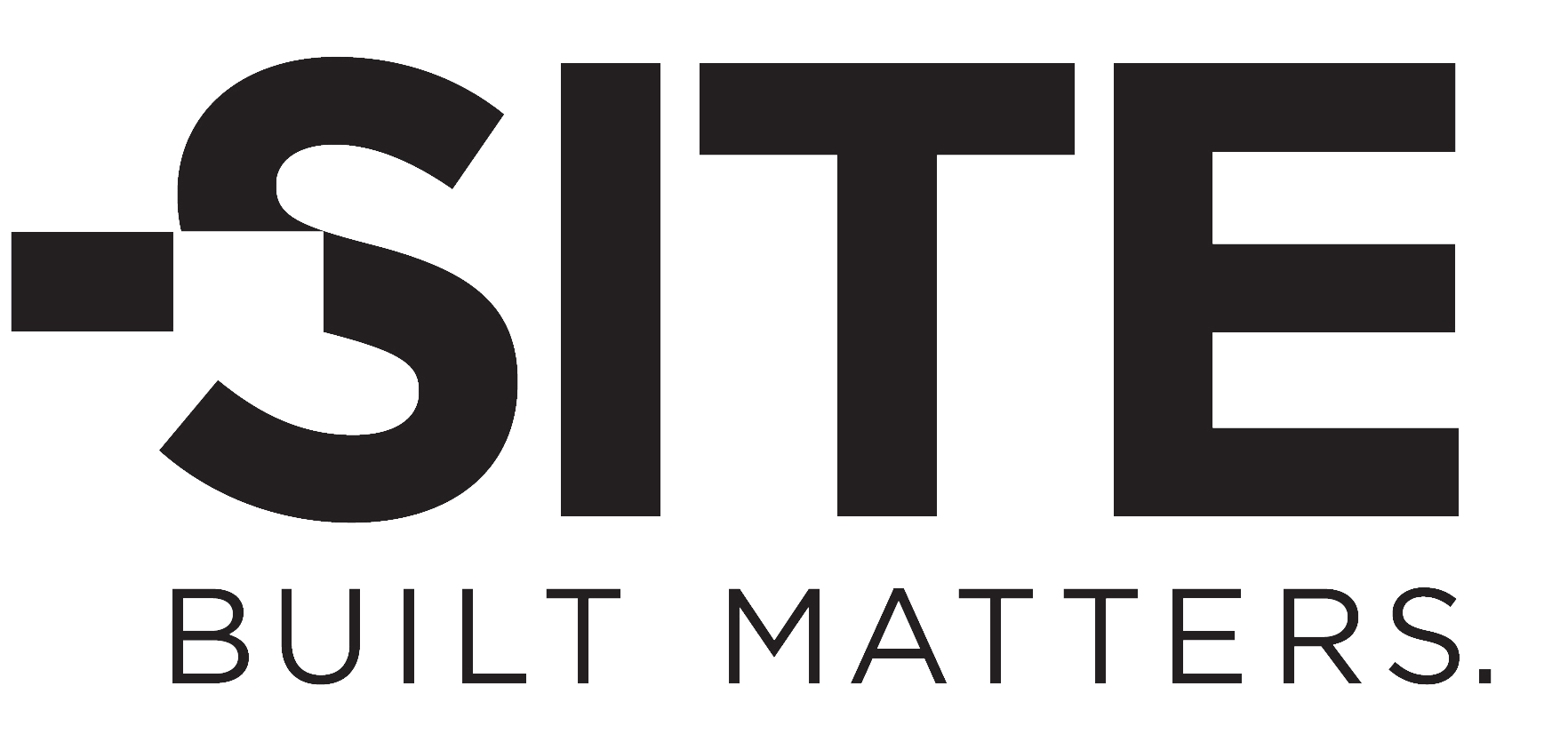INDIGENOMICS
Carol Anne Hilton // Vancouver
The deconstruction of normality and the uprising of relational economics
This is everything. We are living in a moment, and it is from this moment that this story will be told for many generations. In the words of the late master Ojibwe storyteller Richard Wagamese
Everything is story. All that we are is story. From the moment we are born to the time we continue on our spirit journey, we are involved in the creation of the story of our time here. It is what we arrive with. It is all we leave behind. We are not the things we accumulate. We are not the things we deem important. We are story. All of us. What comes to matter then is the creation of the best possible story we can while we’re here; you, me, us, together. When we can do that and we take the time to share these stories with each other, we get bigger inside, we see each other, we recognize our kinship—we change the world, one story at a time.
But what story will we tell of this time? The time a virus with a diameter of approximately 0.125 microns took down the global economy, wrestled capitalism to a grinding halt, and called humanity to the floor of accountability? For some, history will tell of the statistics of death, hardship, and poverty and for some it will tell of resiliency and relationships. Some will tell a story of a pandemic crisis, a crisis of the supply chain, of demand, of the labour market crash, the equity markets crashing, the oil price crisis, or a currency crisis.
In Indigenous reality, it is known that everything has a spirit. The question that arises from this knowing is: “What does this spirit of the coronavirus have to teach us right now in this moment?” As the world’s economic foundation collapses into itself, what is called into question is our human ability to relate to each other. Not since the Age of Industrialism has innovation emerged at this scale or pace. Technology is taking its place on the global centre stage, forcing us to immediately change how we relate to each other.
In Indigenous reality, time is not linear in nature. Instead, it is multi-dimensional. The prophecies of old told of a time when humanity would come into facing its destruction and the systems would begin to fail. Indigenous concepts of economy focus on relationship and responsibility. This was the original social economy. This is relational economics and today represents the communal collective transformation as a return to relationship. Relational economics must remember the Original Instructions: to be kind to each other, to care for one another, and to live with respect.
Indigenomics is a collective response to the systemic de-valuing of Indigenous ways of being and knowing. Indigenomics is economics from an Indigenous worldview. Indigenomics is constructive, generative economic design.
It is time to shift from one reality to the next. The business models that will stand out or that pass this test of time will be the ones that are relational in this pandemic crisis. We are currently creating our collective memory. What needs to be remembered in this moment is our resiliency. It is time to learn to relate to time, to space, and to ourselves differently.
So much of the current narrative is when “things return to normal.” This is the time of the rapid deconstruction of normality and the uprising of relational economics. This is Indigenomics. Let’s have the courage to do this together.
Bio:
Carol Anne Hilton, MBA is the CEO and Founder of The Indigenomics Institute and author of “Indigenomics: Taking a Seat at the Economic Table.” Carol Anne is a recognized First Nation’s business leader and adviser with an international Masters Degree in Business Management (MBA) from the University of Hertfordshire, England, a partnership through Vancouver Island University. Carol Anne is of Nuu chah nulth descent from the Hesquiaht Nation on Vancouver Island.


